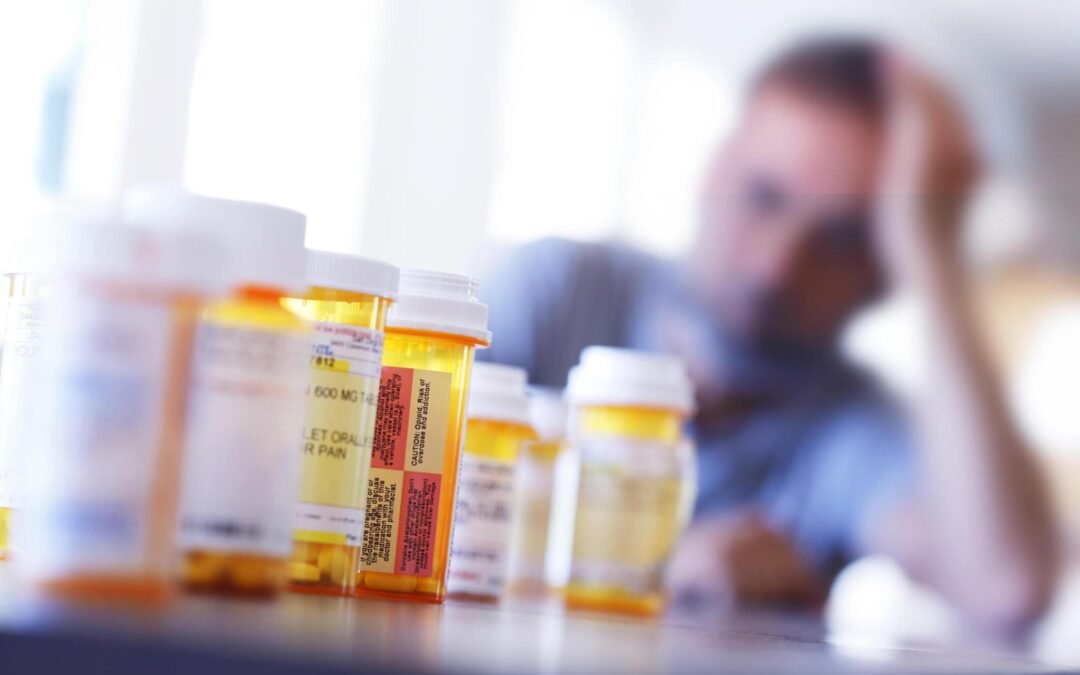Medication for Depression:
1. Antidepressants: Antidepressants regulate neurotransmitters in the brain, helping to alleviate depressive symptoms. They are often prescribed for moderate to severe depression. It may take a few weeks for their full effects to be noticeable.
2. Mood Stabilizers: Especially helpful for individuals with bipolar disorder severe depression, mood stabilizers can help manage mood swings. However, close monitoring is crucial due to potential side effects.

3. Anxiolytics: Addressing anxiety, which commonly coexists with depression, anxiolytics can contribute to overall symptom relief.
References
www.betterhealth.vic.gov.au: Depression – treatment and management
www.ncbi.nlm.nih.gov: Treatments for depression
FAQ
Is medication the only effective treatment for managing depression?
No, there are various approaches, including therapy, lifestyle changes, and support networks. The effectiveness depends on individual factors, and a combination of methods is often beneficial.
How long does it take to see improvements when implementing lifestyle changes for depression management?
Results vary, but consistent implementation of lifestyle changes can lead to improvements over weeks to months. Patience and persistence are crucial.
Can I manage depression without professional help?
While self-help strategies are valuable, professional guidance, such as therapy or counseling, significantly enhances the effectiveness of depression management.
What role does exercise play in managing depression?
Regular exercise has proven benefits for mental health, releasing endorphins and positively impacting mood. It is an integral part of a holistic approach to depression management.
How do I find a support system to help manage depression?
Seek connections with friends, family, or support groups. Many communities offer online and in-person support networks where individuals share experiences and coping strategies.
Can I manage depression without medication if it's not severe?
In mild cases, therapy and lifestyle changes may be sufficient. However, consulting with a mental health professional is crucial to determine the most appropriate approach for your situation.


Recent Comments